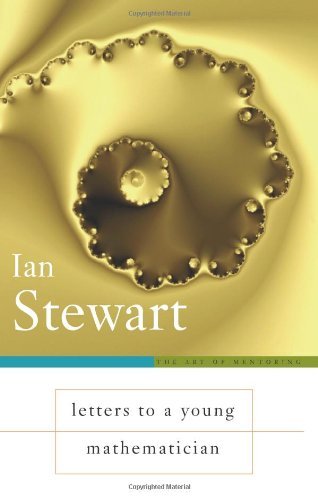What do you think?
Rate this book


224 pages, Hardcover
First published January 1, 2006
‘Calling them [arithmetic] mathematics debases the currency of mathematical thought. It is a bit like using the term composing to describe routine exercises and playing musical scales’
- Chapter 5 (Audible)